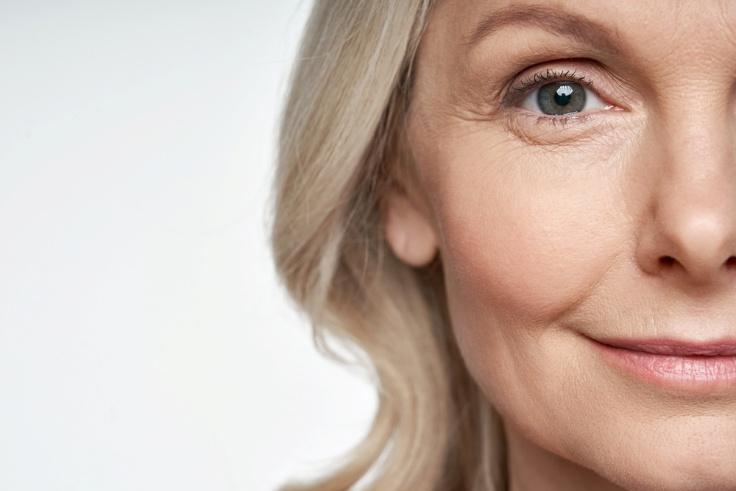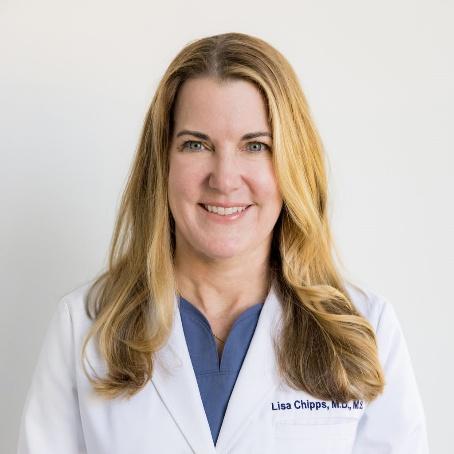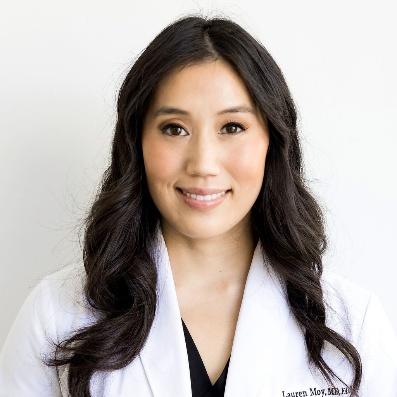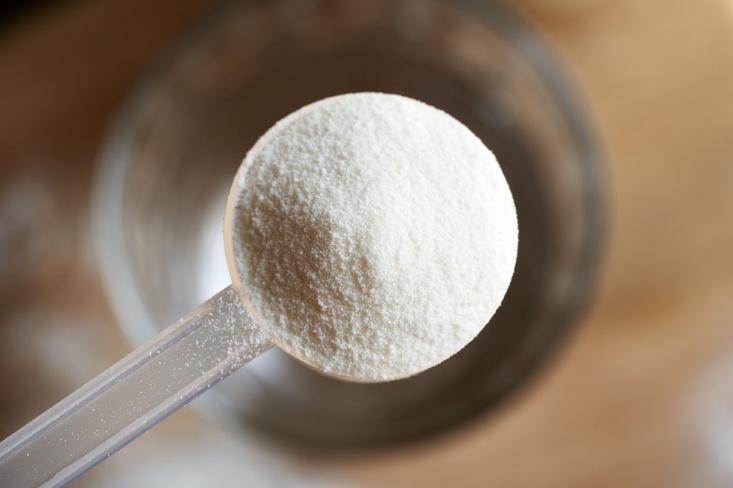Can You Rebuild Lost Collagen? Here’s What Our Dermatologist Say
Collagen is a vital protein responsible for maintaining skin’s firmness, resilience, and youthful appearance. Over time, collagen production naturally declines, contributing to visible signs of aging such as wrinkles, fine lines, and sagging skin.
So, is it possible to restore what’s been lost? Let’s explore what collagen is, why production slows down, and the proven ways to help stimulate its return.
What Is Collagen and Why Does It Decline?
Collagen provides structural support to key areas of the body including skin, joints, and connective tissues. In the skin, it creates a framework within the dermis that keeps skin lifted and supple.

Unfortunately, the body’s collagen output starts tapering off as early as the mid-20s. Each year afterward, production slows further. In addition to natural aging, external influences such as UV exposure, smoking, sugar consumption, and pollution can accelerate collagen breakdown and limit new production.
According to Dr. Lisa Chipps, board-certified dermatologist at Moy-Fincher-Chipps and President of the American Academy of Cosmetic Surgery:

“Collagen deterioration results from both intrinsic aging and environmental exposure. Internally, our fibroblast cells become less active, reducing collagen output. Externally, factors like sun damage and oxidative stress disrupt collagen integrity and impact the genes that regulate its production. Recognizing these influences helps us create targeted treatment strategies aimed at preserving and rebuilding collagen in the skin.”
Is It Possible to Bring Back Collagen?
While it’s not yet possible to fully reverse collagen loss, there are a variety of effective methods to stimulate new collagen growth, preserve what remains, and soften signs of aging. Results vary depending on individual factors like age and skin condition, but consistent efforts can make a noticeable difference.
Professional Treatments to Stimulate Collagen
For more dramatic results, dermatology treatments performed in-office can effectively activate collagen regeneration. These procedures work by triggering the body’s natural healing response, which includes increased collagen formation.
Options include:
- Microneedling
- Laser resurfacing
- Radiofrequency
- Ultrasound therapy
Each treatment varies in intensity and recovery time. A consultation can help determine the most appropriate method based on your needs and skin condition.
Dr. Lauren Moy, facial plastic cosmetic surgeon and member of the American Academy of Facial Plastic and Reconstructive Surgeons at Moy-Fincher-Chipps, explains:

“To restore collagen effectively, I often recommend a combination approach. Treatments like microneedling with radiofrequency and laser resurfacing target both surface and deeper layers, yielding more comprehensive collagen stimulation. Although improvements begin within weeks, the most visible changes typically develop over several months as new collagen fibers mature, producing a naturally refreshed look.”
Dermal Fillers and Volume Loss
Injectable fillers don’t replace collagen directly but can help correct the volume loss associated with its decline. Hyaluronic acid fillers provide immediate plumping by drawing in moisture, while collagen-stimulating fillers like Sculptra and Radiesse work gradually to encourage your body’s own collagen production.
These treatments offer both immediate and progressive improvements and are often used to complement other skin-renewing strategies.
Collagen-Boosting Skincare
Topical products can help stimulate collagen when used regularly. Retinoids (vitamin A derivatives) are one of the most extensively studied and proven ingredients to enhance collagen formation.
Vitamin C is another powerhouse, aiding in collagen synthesis while protecting against oxidative stress. Peptides also play a role by acting as signals to encourage collagen generation.
In addition, growth factor serums like Neocutis Bioserum Firm or SkinMedica TNS Advanced+ promote collagen through cellular communication. These act like messengers, prompting the skin to renew and repair itself, including the production of collagen and elastin.
Nutrition’s Role in Collagen Maintenance
Your diet plays a key role in supporting collagen health. Protein-rich foods supply the amino acids necessary for collagen building, while antioxidants protect against collagen degradation.
Key nutrients that help promote collagen include:
- Vitamin C – found in citrus, bell peppers, and berries
- Zinc – in nuts, seeds, and whole grains
- Copper – present in leafy greens and shellfish
- Proline – abundant in dairy products and egg whites
Bone broth and collagen peptide supplements have gained popularity, and while they may offer some benefits, their effectiveness can vary by individual.
Are Collagen Supplements Effective?
Oral collagen products, especially those containing hydrolyzed peptides, have surged in demand. These smaller collagen fragments are thought to be more easily absorbed by the body.

Some research indicates these supplements can stimulate fibroblasts and support collagen production, potentially improving skin elasticity and hydration. However, while results are promising, more large-scale studies are needed to determine their full effectiveness and optimal usage.
A Customized Approach Is Best
No two individuals experience collagen loss in the same way. Creating a personalized collagen strategy with an experienced dermatology provider ensures that your unique skin condition, goals, and concerns are considered.
An expert can guide you in selecting the most effective combination of products, lifestyle adjustments, and in-office treatments to restore and preserve collagen for healthier, firmer skin.
Curious about your options? Book a consultation with Moy Fincher Chipps Facial Plastics & Dermatology and let us help you build a collagen restoration plan tailored just for you.
Meet Our Physicians
Dr. Ronald Moy
Dr. Ronald Moy is a leading cosmetic and facial plastic surgeon with over 30,000 cases of Mohs Micrographic Surgery and facial plastic surgery performed during his 25-year career. He completed his dermatology residency at UCLA followed by Facial Cosmetic and Mohs Micrographic Surgery Fellowship training at the University of Pittsburgh. Dr. Moy has served as president of the American Academy of Dermatology and the American Society for Dermatologic Surgery, and is a distinguished member of the American College of Mohs Surgery and the American Academy of Facial Plastic and Reconstructive Surgeons. He has published more than 200 scholarly articles and has personally trained all physicians at the practice in Mohs Micrographic Surgery.
Dr. Edgar Fincher
Dr. Edgar Fincher received both MD and PhD degrees from The University of Tennessee, followed by general surgery training and a research fellowship studying skin wound healing at Stanford University. He completed his dermatology residency at Stanford before specializing in Mohs micrographic surgery through advanced fellowship training. Dr. Fincher is recognized for his expertise in combining precise Mohs surgical techniques with customized reconstructive approaches for optimal cancer removal and aesthetic outcomes. His contributions include numerous textbook chapters and editing two texts on facial rejuvenation procedures.
Dr. Lisa Chipps
Dr. Lisa Chipps is a board-certified dermatologist and fellowship-trained surgeon, specializing in Mohs micrographic skin cancer surgery, facial reconstruction, and cosmetic surgery and dermatology. She completed her medical training at USC followed by dermatology residency at both the University of Colorado and Harbor-UCLA Medical Center, followed by a fellowship in Mohs and cosmetic surgery with Dr. Ronald Moy in Los Angeles. She served as the Director of Dermatologic Surgery at Harbor-UCLA for a decade, and she is the 2025 President of the American Academy of Cosmetic Surgery. She has practiced with Moy Fincher Chipps Facial Plastics & Dermatology since 2008.
Dr. Lauren Moy
Dr. Lauren Moy earned her Bachelor degree in Biology with a Fine Arts Minor from a prestigious combined medical program at Siena College/Albany Medical College. She received her MD at Albany Medical College in Albany, NY. She completed research fellowships at Harbor UCLA and USC. Dr. Lauren Moy completed residency training in dermatology at Loyola Medical Center in Chicago, IL where she also served as chief resident. She then completed her fellowship in Mohs and cosmetic surgery with Dr. Ronald Moy. She has published numerous scientific papers and has been asked to present at national meetings for the American Academy of Dermatology and American Society for Dermatologic Surgeons. Dr. Lauren Moy is also a member of the American Academy of Facial Plastics and Reconstructive Surgeons.
Call: 310.274.5372 | Text: 424.496.3537 | www.rodeoderm.com





